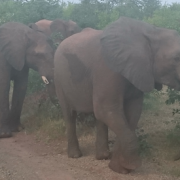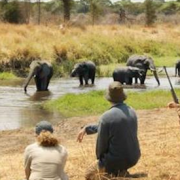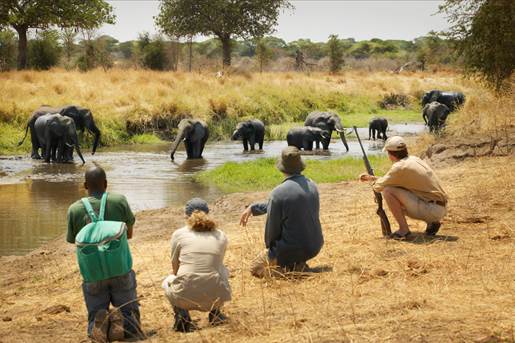Quick dispatch from Zimbabwe
I really should be studying. In fact I should be sleeping. Though it is only 21:30 right now, I am waking up at 5am again for the morning game drive, which acts as a practical class in the field. When we return a few hours later, it’s time for breakfast, followed by some time ‘off’ for studying notes and books and excercises. Then follows an hour long lecture on the subject of the day – probably more about trees tomorrow. We’ve done a hell of a lot of tree stuff in this first week during the FGASA field guide course in Zimbabwe.
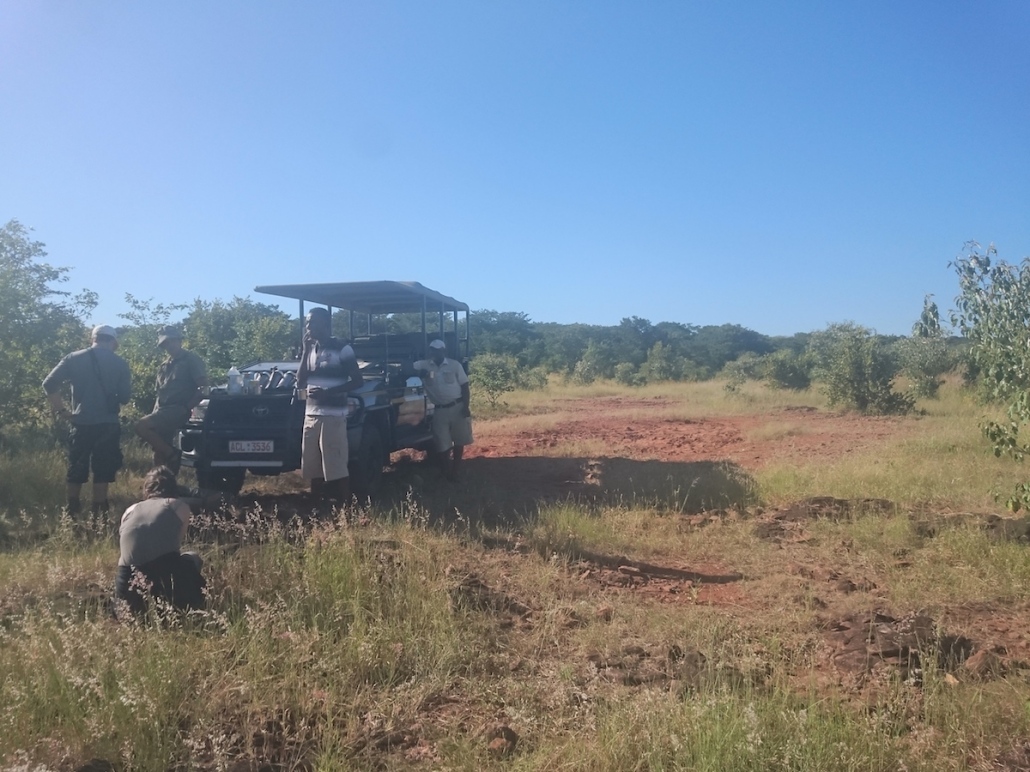
After the lecture is over, it should be about lunch time – finish your food, and continue studying for about an hour or three until it is time to get back into the vehicle for the afternoon/evening game drive. Return to camp three hours later, have dinner. It is eight o clock now. Study for another hour, two hours – bed. Alarm goes again at 5am, and the circle continues. No days off – this is the seven day a week schedule for the 55 days of this course.
I really should be studying or sleeping right now.
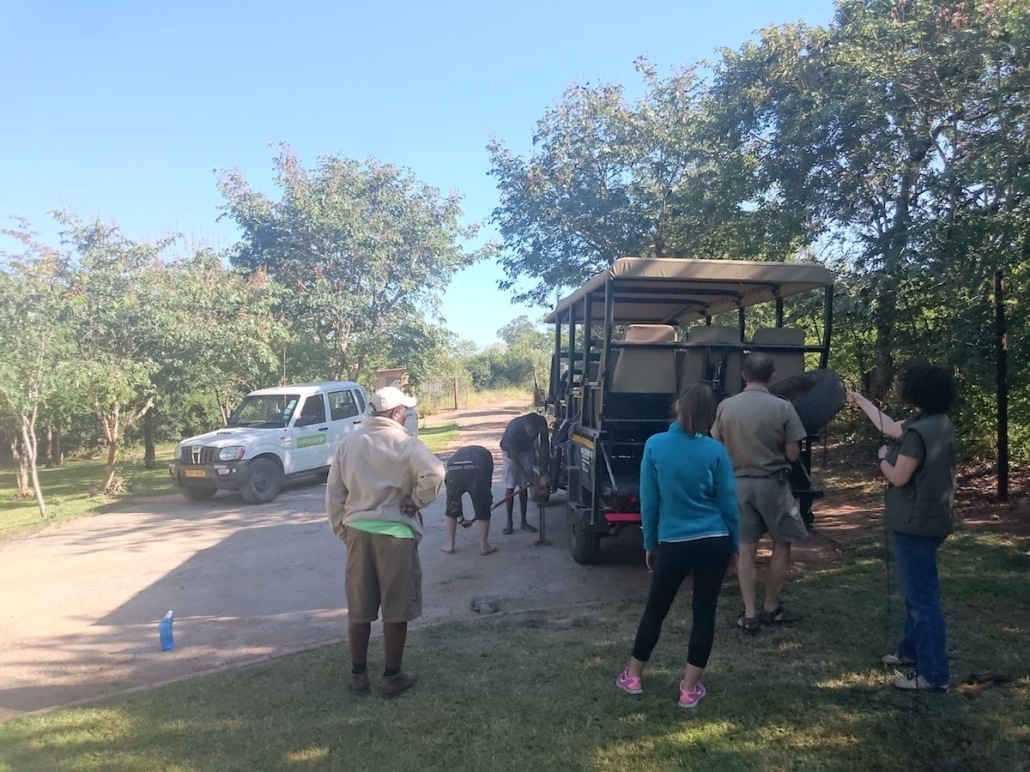
Last night I got woken up at 2:30 by a lion walking past and roaring about 10 meters from where I sleep. I thought I had been dreaming about lions until I heard him roar again. So I jumped out of bed, scrambled my recording gear together, and stumbled outside to try and record it. Had a chat with the night guard, set up my mics, and tried to go back to sleep – no luck on the sleeping part after this, but I did record the lion when it roared again, though fairly distant, and in tandem with a jackal.

